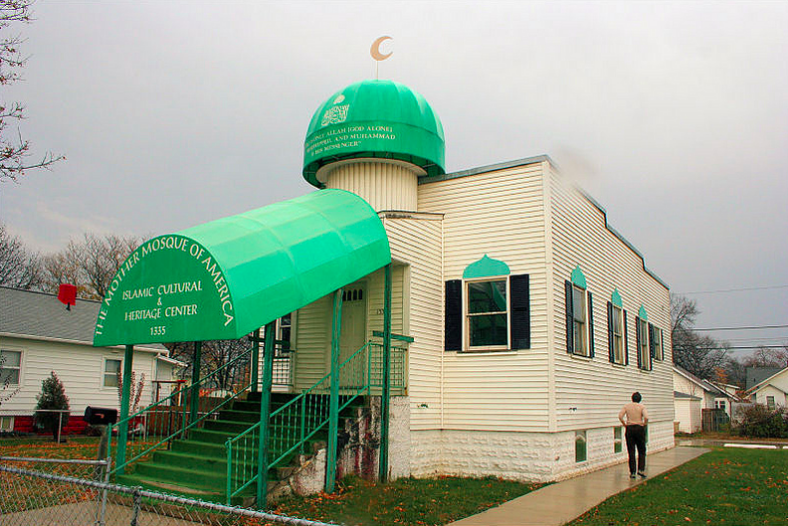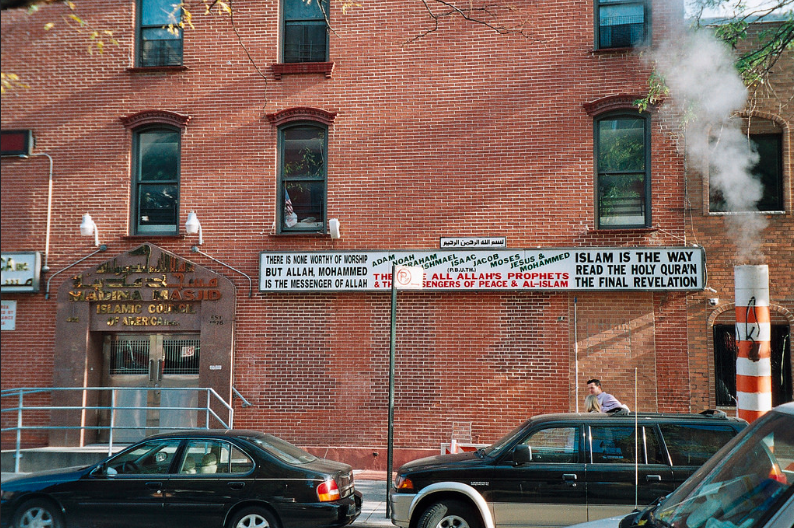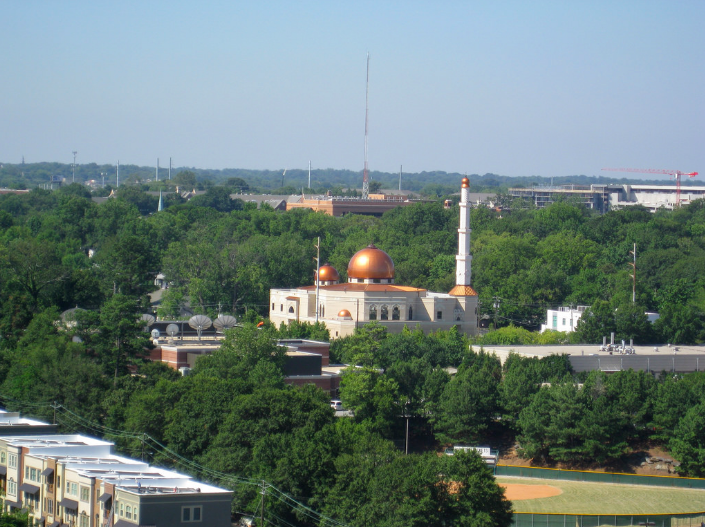There's an Overlooked Reality of Mass Shootings
By:
While the LGBT Americans reel from what's being called the worst mass shooting on U.S. soil, another marginalized community braces for what has become a predictable backlash in the wake violence linked to the Islamic faith.
Already in the past week, a handful of mosques and Islamic communities across the country have faced backlash and violent threats. The reaction is nothing new. Shortly after the San Bernardino, Calif. shooting, strong-worded political rhetoric and physical attacks aimed at U.S. Muslims and their communities became almost commonplace.
Anti-Islamic sentiment has grown on the national stage — likely spurred in no small part by Donald Trump's policy proposals. To get an idea how such sentiment is affecting Islamic communities, ATTN: looked at reports of attacks targeting U.S. mosques since the Dec. 2 San Bernardino attack.
Mosques are visible symbols of Islam and the Muslim community and are therefore logical targets for Islamophobes.
 Flickr/Raymond Bucko, SJ - flickr.com
Flickr/Raymond Bucko, SJ - flickr.com
"Mosques are symbolic of the Muslim community, and therefore are susceptible and vulnerable to such attacks," Engy Adbelkader, assistant director of the Bridge Initiative at Georgetown University's Alwaleed Center for Muslim-Christian Understanding, told ATTN: "It sends a symbolic message to the community that they're not welcome."
ATTN: found that the number of mosque attacks spiked in the months following the San Bernardino incident, according to recent research and rolling databases that track threats, vandalism, and attacks against Muslims at or around mosque grounds:
26 mosques were reportedly attacked in the five months between Dec. 2 last year and April 28 this year across the United States.
The total number is comparable to figures from previous months, but the attacks were more frequent and took place over a shorter period of time. By contrast, about 30 mosque were reportedly attacked in the eight months between March 23 to Dec. 2 of last year, according to a recent report by Georgetown's Center for Muslim-Christian Understanding.
The more recent attacks fit a broader pattern of rising violence against Muslim communities as world events involving Islamic extremism — the refugee crisis, military operations by the so-called Islamic State group, the Paris terrorist attacks — shape perceptions of Islam and its disciples among the general population.
 Flickr/Eden, Janine and Jim - flickr.com
Flickr/Eden, Janine and Jim - flickr.com
"Oftentimes when we think of a hate crime targeting a Muslim or a Muslim institution, we think of one event," Abdelkader said. "But, in reality, that event actually impacts so many other individuals. When a mosque is vandalized or subject to arson, or a pig's head or pig's blood is left on the doorstep, not only is the immediate community who may actually attend and participate in services at that mosque impacted, but other Muslims around the country, many of whom will inevitably hear about that attack, will experience fear and some level of trauma vicariously."
 Flickr/Chris Yunker - flickr.com
Flickr/Chris Yunker - flickr.com
Beyond mosque attacks, there were dozens of reported incidents of violence directed at Muslim individuals, a recent report by Georgetown's Center for Muslim-Christian Understanding found.
Such attacks have the same disquieting effect on the community as mosque attacks. "It doesn't just impact that individual or that individual's neighbors or coworkers or friends, or family — it impacts so many other individuals around the country," Abdelkader said.
